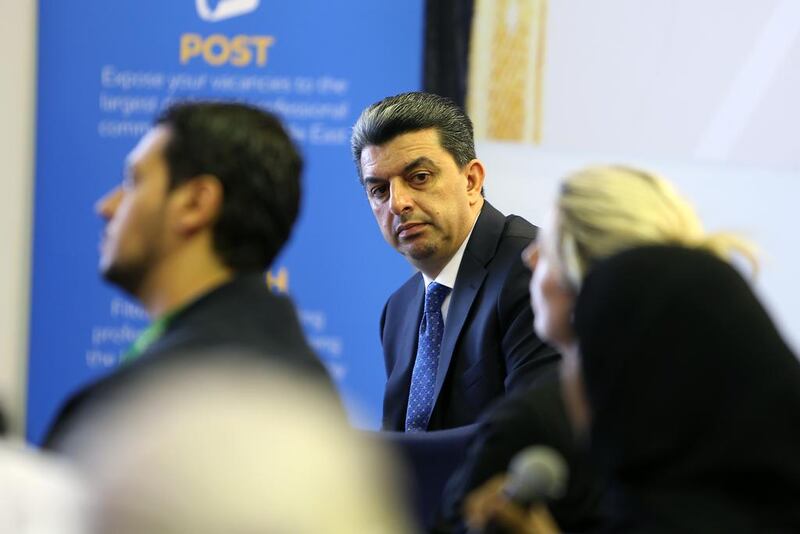Almost one in two employees in the UAE are not satisfied with their current monthly income, while 32 per cent are unable to save due to the high cost of living.
A study by Bayt.com also revealed that 83 per cent of UAE respondents have experienced an increase in their cost of living, while less than half (44 per cent) received a pay rise to offset increasing costs in 2016.
Experts say that employees need to evaluate their income and the cost of living before taking any job offer.
“Though salaries are not the only factor that attracts or deters employees from a particular job, it is fair to say that employees need to regularly evaluate their income and the cost of living to make sound decisions about their life and their career,” said Suhail Masri, vice-president of employer solutions at Bayt.com.
“Without doubt, competition remains a major challenge for jobseekers in the UAE. Most UAE-based vacancies on Bayt.com now receive nearly 1,000 applications. This means that the candidate has to put in the extra effort to truly be on top of the pile.”
Chris Greaves, the managing director of recruitment agent Hays Gulf, said that weak energy prices, along with competition from the constant influx of new organisations into the region, have affected the recruiting market.
________________
Read more:
[ UAE jobs market is highly competitive, prospective candidates find ]
________________
“The challenging market conditions of the last two years has seen employers take on a more cost-conscious and frugal approach to hiring than in previous years,” he said.
“We have witnessed a decline in the number of jobs compared to the more buoyant conditions of 2015, owing directly to the weak energy prices, which impacted all industries.
“Numbers were at their lowest in Q3 of 2016, when many company restructures, in response to these depressed market conditions, took place and we have since seen an increase in the number of positions available.”
Mr Greaves said that pay rates have stayed constant over the past two years. “What we have noticed, however, is a fall in the number of company-wide pay increases being given,” he said.
“Pay rises, when awarded, are individually determined – a strategic approach to remuneration as this typically amounts to lower spending on salaries by employers.
“We have also noticed, particularly within the oil and gas sector, a cut-back in relocation and educational assistance offered as part of the standard employment contract.
“We have therefore seen an increase in the number of candidates relocating without family - dependents who remain in their home countries.”
The cost of living was not considered any greater a concern than in previous years, he added.
“We have not seen this to be a significant factor for candidates demanding higher rates in the current employment market,” Mr Greaves said.
“The region remains an attractive area for business, with fantastic opportunities for both jobseekers and organisations.”
He said that many expats continue to be drawn to the region for tax-free salaries and to develop their careers through international experience.
“For businesses, we see a steady influx of new market entrants, particularly MNCs looking at new regional ventures and SMEs locating to free zones,” he said.
“We anticipate both of these trends to continue going forward, helped by the relatively relaxed employment conditions of the region.”
Nearly seven in 10 employers (69 per cent) are planning to hire in a year’s time, the Bayt.com study also showed.






